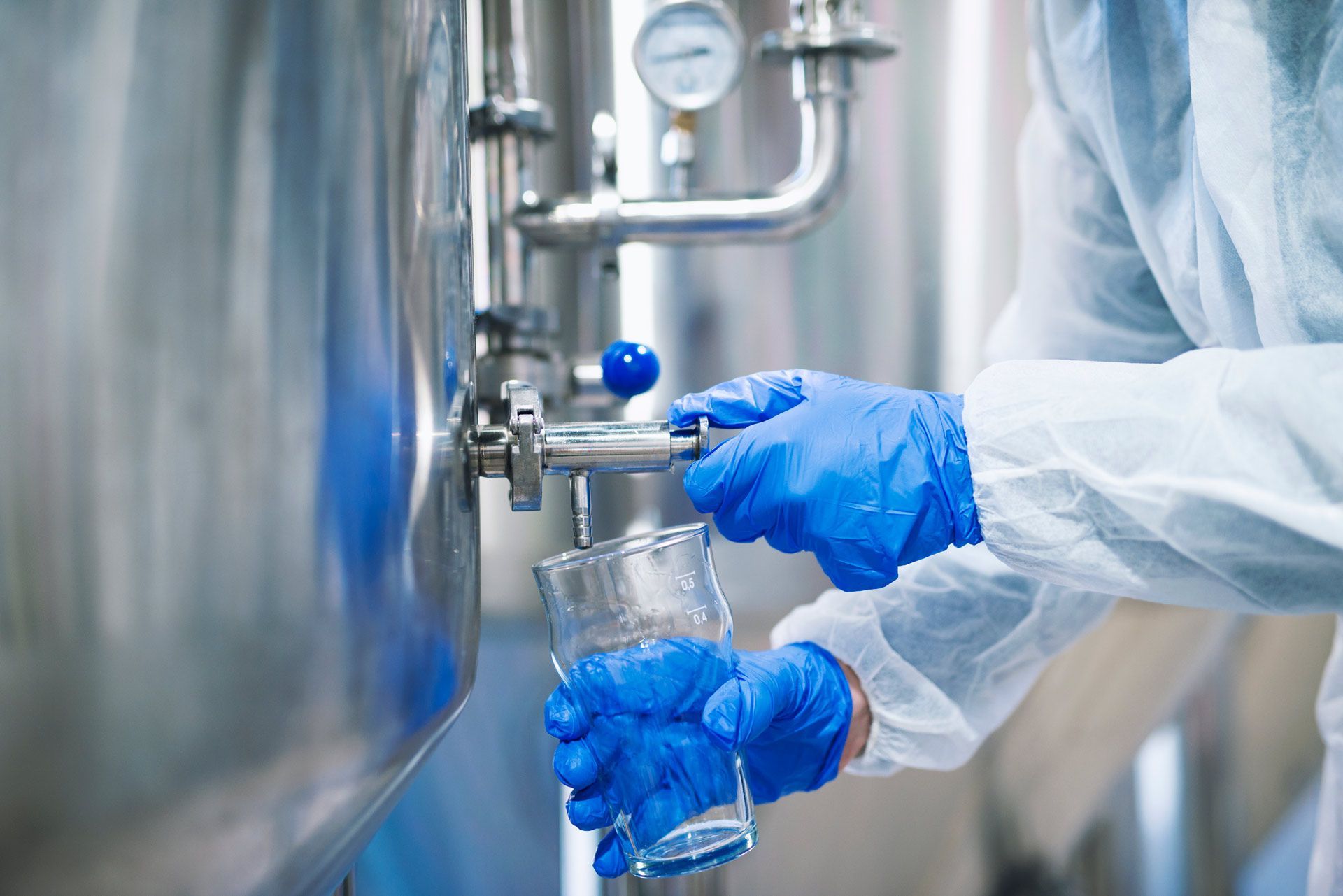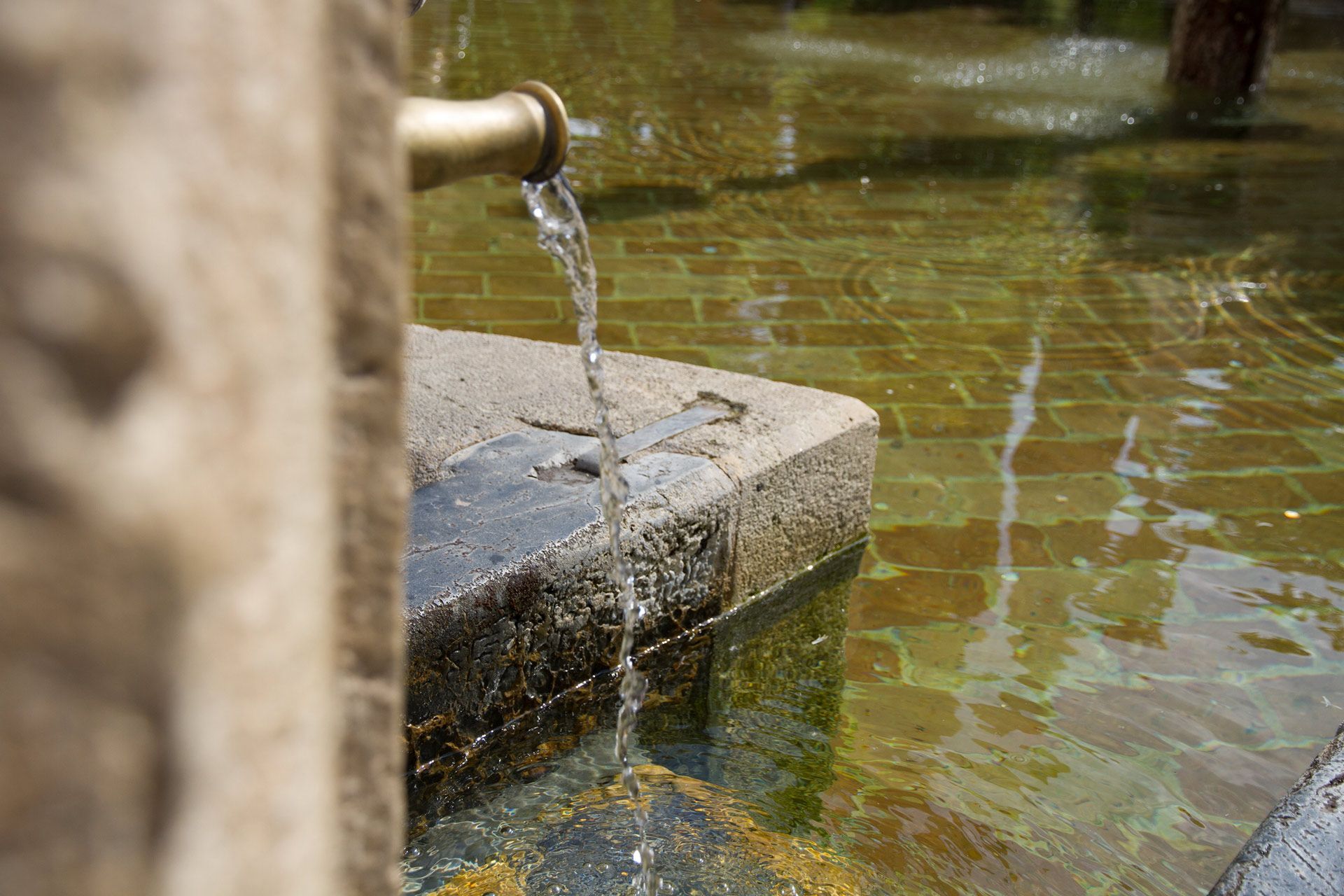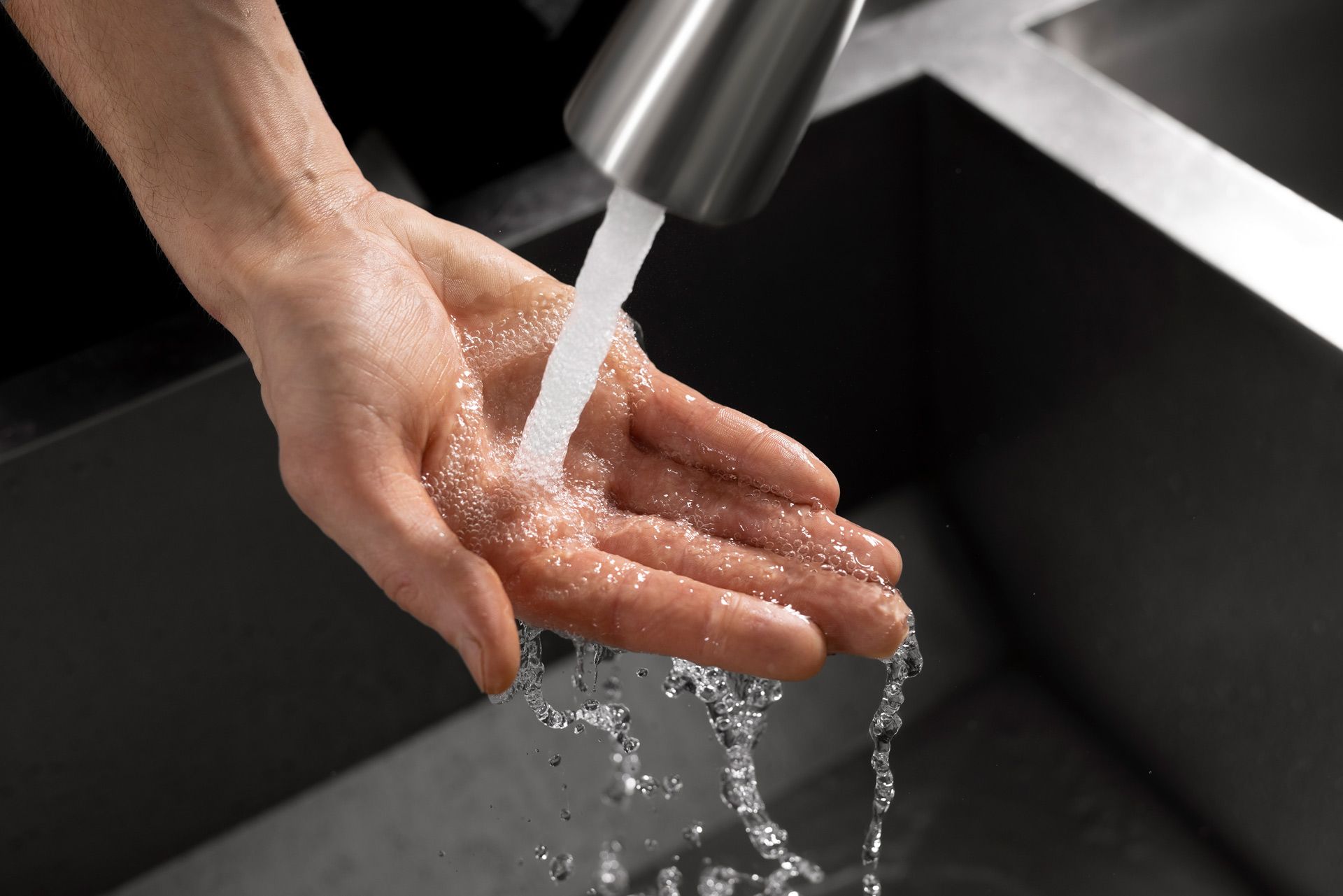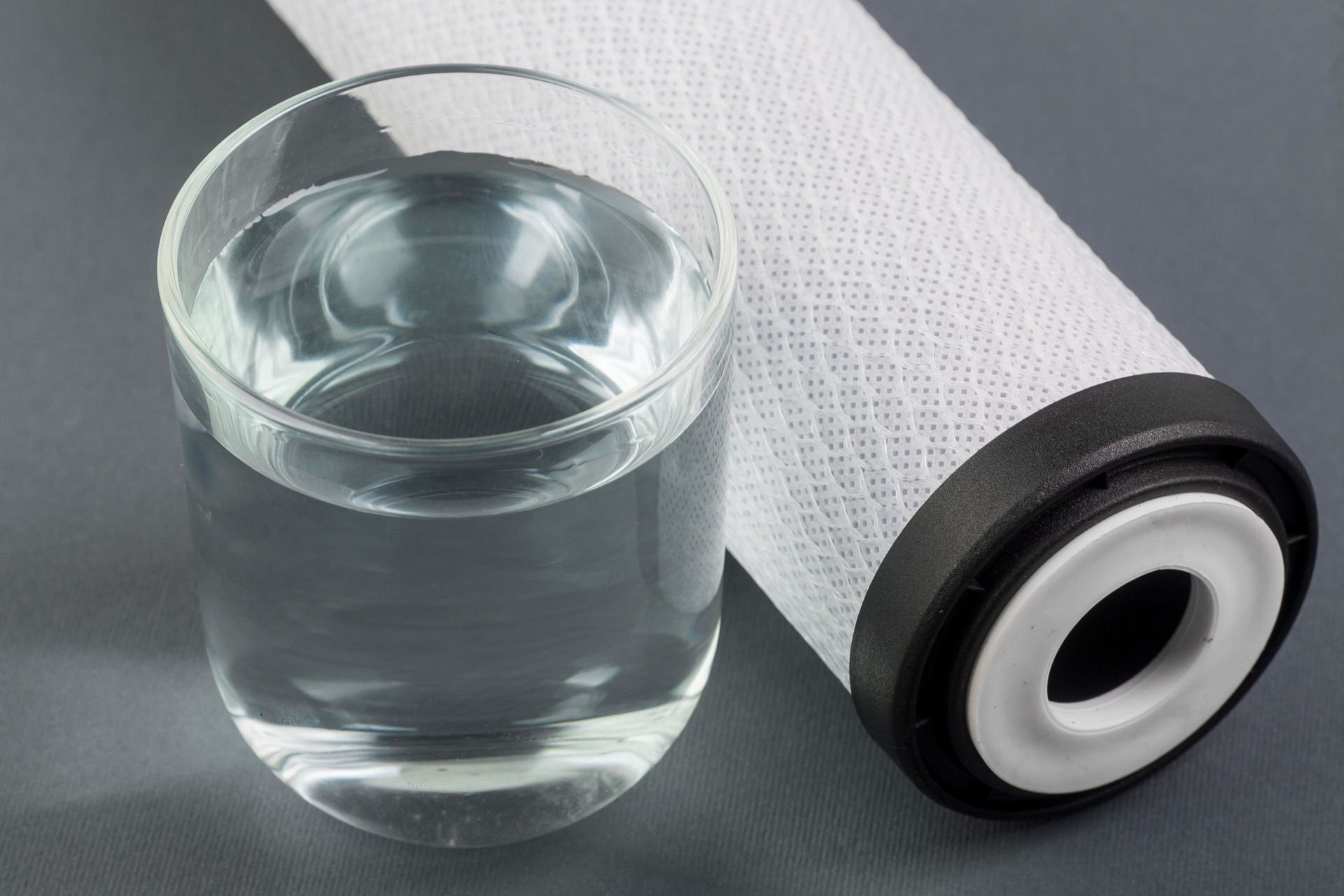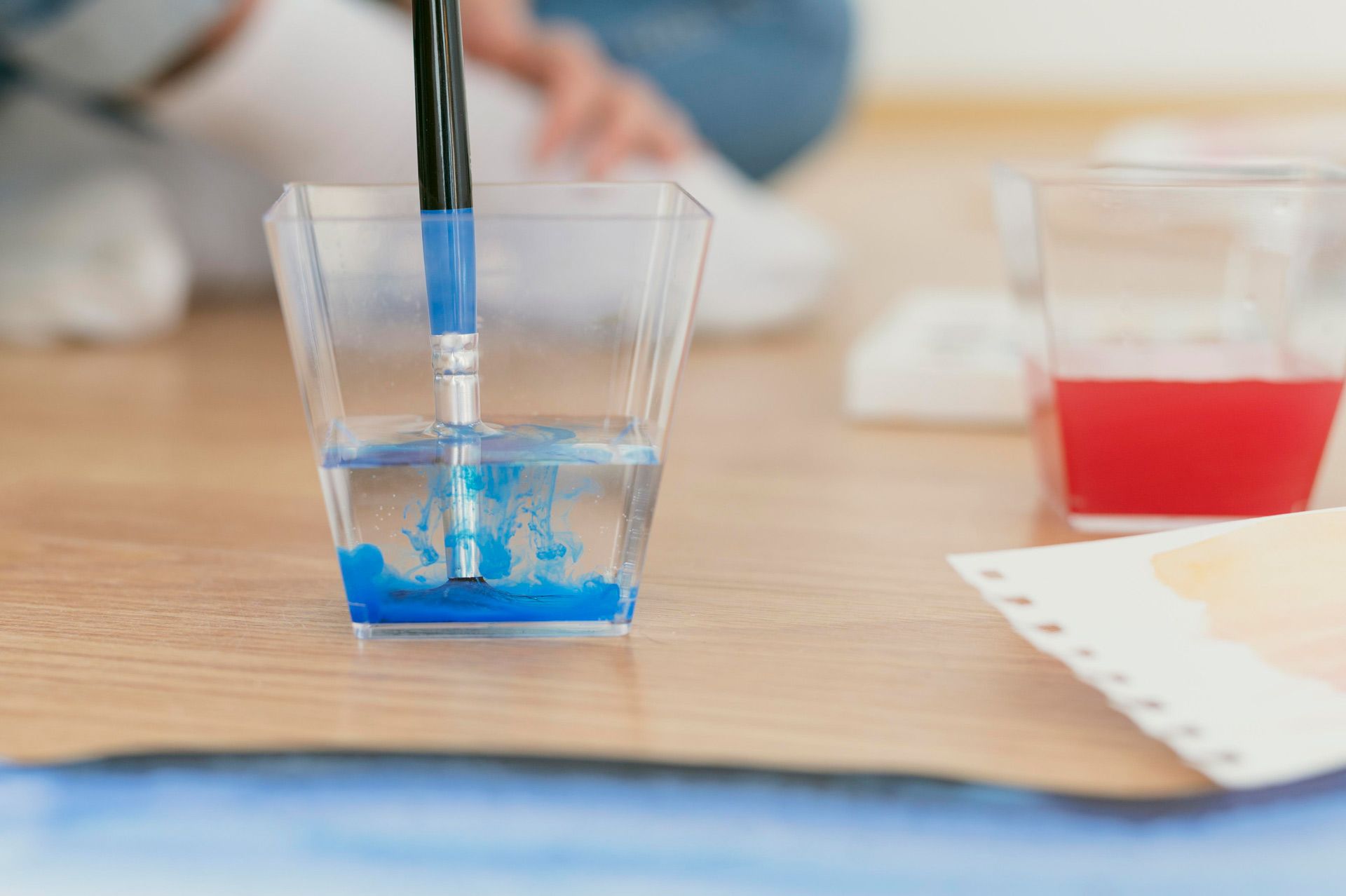Why Regular Water Testing Matters for Homes in Plainfield and Shelbyville
September 5, 2025
Introduction
Turning on the tap in Plainfield or Shelbyville, most homeowners assume their water is safe. But the truth is, water can look clear and taste fine while still carrying contaminants that affect health, comfort, or home systems.
Regular water testing is the only way to truly know what’s in your water. In this article, we’ll explore why water testing matters, what it reveals, how often it should be done, and what steps you can take to protect your home and family.
Why Regular Water Testing Is Important
Testing your water regularly matters for three main reasons:
- Health Protection: Contaminants like lead, nitrates, bacteria, and PFAS can be invisible but harmful. Testing ensures early detection.
- Appliance and Plumbing Care: Hardness, iron, and sediment can shorten the lifespan of dishwashers, water heaters, and pipes.
- Peace of Mind: Even if your water appears fine, testing confirms whether it meets safe standards.
Common Contaminants in Plainfield and Shelbyville
While each home’s water is unique, here are common issues seen in Central Indiana:
- Hardness minerals (calcium, magnesium): cause scaling and soap inefficiency.
- Iron and manganese: cause staining and metallic taste.
- Lead and copper: from older plumbing pipes.
- Nitrates: linked to agricultural runoff, more common in well water.
- Chlorine and byproducts: found in municipal water supplies.
- Bacteria or microorganisms: especially a concern in private wells.
How to Approach Water Testing
If you’re not sure where to begin, here’s a step-by-step guide:
- Identify your water source
- Municipal water: Plainfield and Shelbyville city water often contains chlorine and hardness.
- Private wells: Higher risk for nitrates, bacteria, and iron.
- Check for signs of water issues
- Stains on sinks, low water pressure, cloudy glassware, odd odors, or unexplained appliance wear.
- Use test kits for basic screening
- At-home kits can reveal hardness and chlorine levels but don’t detect all contaminants.
- Schedule professional testing
- Experts can test for a wide range of substances, provide precise readings, and recommend solutions.
- Plan regular follow-up testing
- At least once a year for wells. Every 1–2 years for municipal water households. Sooner if you notice changes in taste, smell, or appearance.
FAQs
How often should water be tested in Indiana homes?
At least once a year for private wells, and every 1–2 years for municipal water households. Always test if water taste, odor, or appearance changes.
Is municipal water in Plainfield and Shelbyville safe without testing?
Municipal water meets federal standards, but contaminants from aging pipes or local conditions may still affect individual homes. Testing confirms safety at the tap.
What’s the difference between DIY kits and professional testing?
DIY kits check for basic factors like hardness or chlorine. Professional testing covers a broader range of contaminants, with lab-grade accuracy and actionable results.
Does water testing help with hard water?
Yes. Testing reveals hardness levels, which helps determine if a softener is needed and what size or type to install.
What happens if contaminants are found?
Treatment solutions range from water softeners to whole-house filters, iron removal systems, and reverse osmosis drinking water units.
Conclusion
Water in Plainfield and Shelbyville may seem fine, but hidden contaminants, mineral buildup, and aging infrastructure mean regular water testing is a smart step for every homeowner. Testing protects your health, ensures your appliances last longer, and gives you confidence in the water your family uses every day.
With professional water testing and treatment options available from trusted providers in Central Indiana, keeping your home’s water safe and reliable has never been easier.

